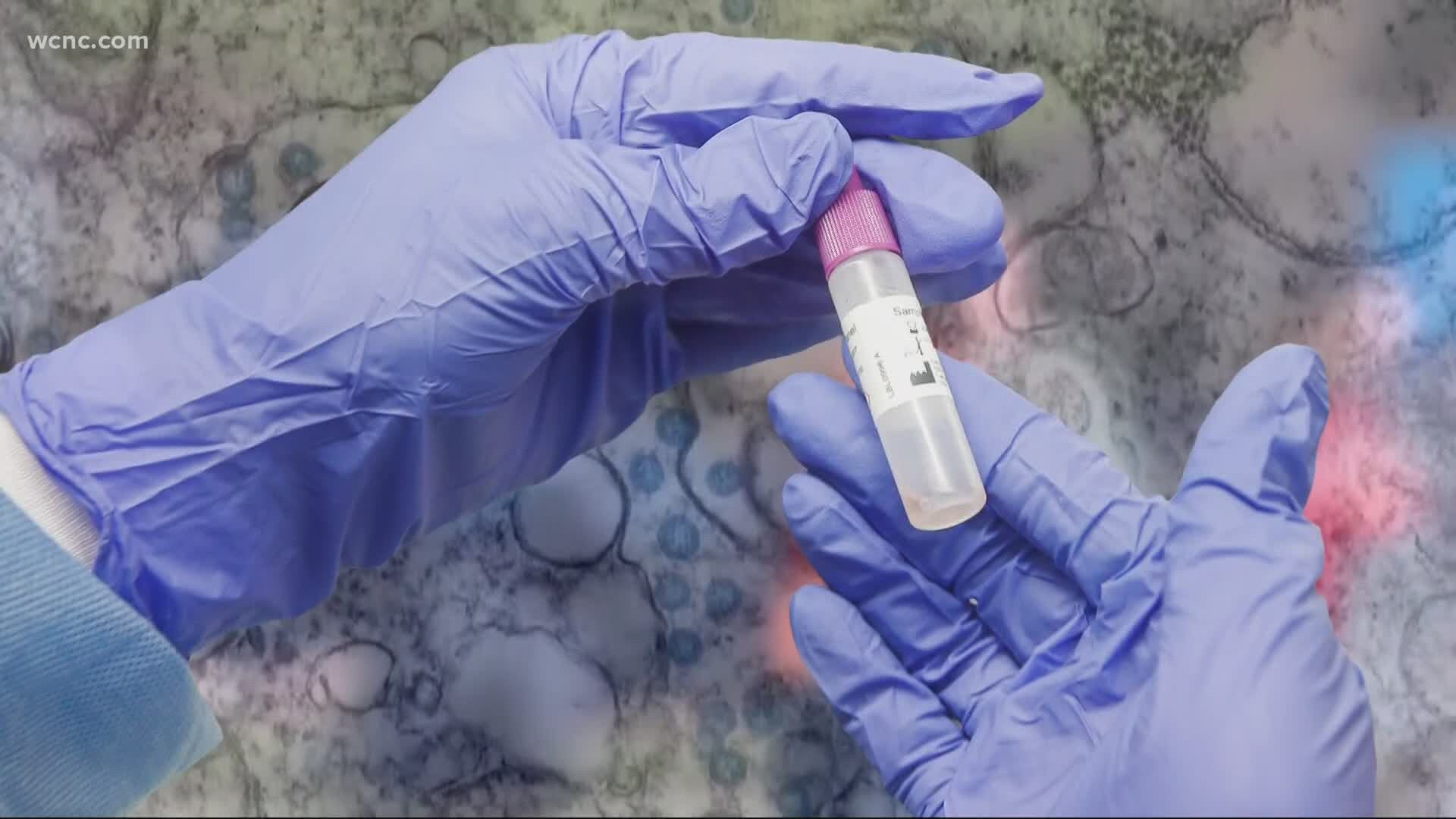CHARLOTTE, N.C. — With the number of coronavirus cases continuing to rise, health officials are stepping up the effort to notify people who have been exposed to the virus in North Carolina.
On Monday, state officials gave updates on their efforts on contact tracing, which they say is an effective way to stop the spread.
However, the WCNC Charlotte Defenders team previously found contact tracing isn't always happening in Mecklenburg County.
State officials say they’re helping with resources, but ultimately it’s up to counties to let people know if they’ve been exposed, and that’s where some of the big events have happened.
North Carolina currently has 250 contact tracers and hired 152 new ones, according to the state’s website.
“We've brought on a lot of that kind of surge staff at the state level and are going to be bringing on more,” said Dr. Zach Moore, state epidemiologist for North Carolina Division of Public Health.
The announcement about contact tracing comes after there were crowds on Memorial Day and protesters marching shoulder to shoulder. In one case, contact tracing became an issue for a brother and sister who were in close contact
“I was doing all but living there basically,” said Trey McGhee.
The Defenders team found some people aren’t being notified if they’ve been exposed to the virus in Mecklenburg County.
RELATED: 'I didn't even get a call' | Some exposed to COVID-19 aren't being contacted by health officials
McGhee says health officials didn’t call him after his sister tested positive for coronavirus in early April. WCNC Charlotte asked him if he thinks there was a breakdown in the process.
“Yeah, definitely the fact that I didn't even get a call,” McGhee said.
At the time, Mecklenburg County Health Department Medical Director Dr. Meg Sullivan said the health department is focused on household and work contacts, particularly those at high risk. However, she acknowledged non-household contacts won’t always get a call.
“At this moment, we are not calling every single one,” Dr. Sullivan previously said.
Dr. Sullivan said the challenges include delays in testing results and available resources for contact tracing.
“I know the local health departments themselves have also done a lot to bring on extra staff,” said Dr. Moore.
“People’s lives are at stake so I think we should take that seriously,” McGhee previously said.
WCNC Charlotte asked local health officials about their process for notifying people who’ve been exposed to the virus at big events or in large crowds, but at this point, they have not provided that information.

